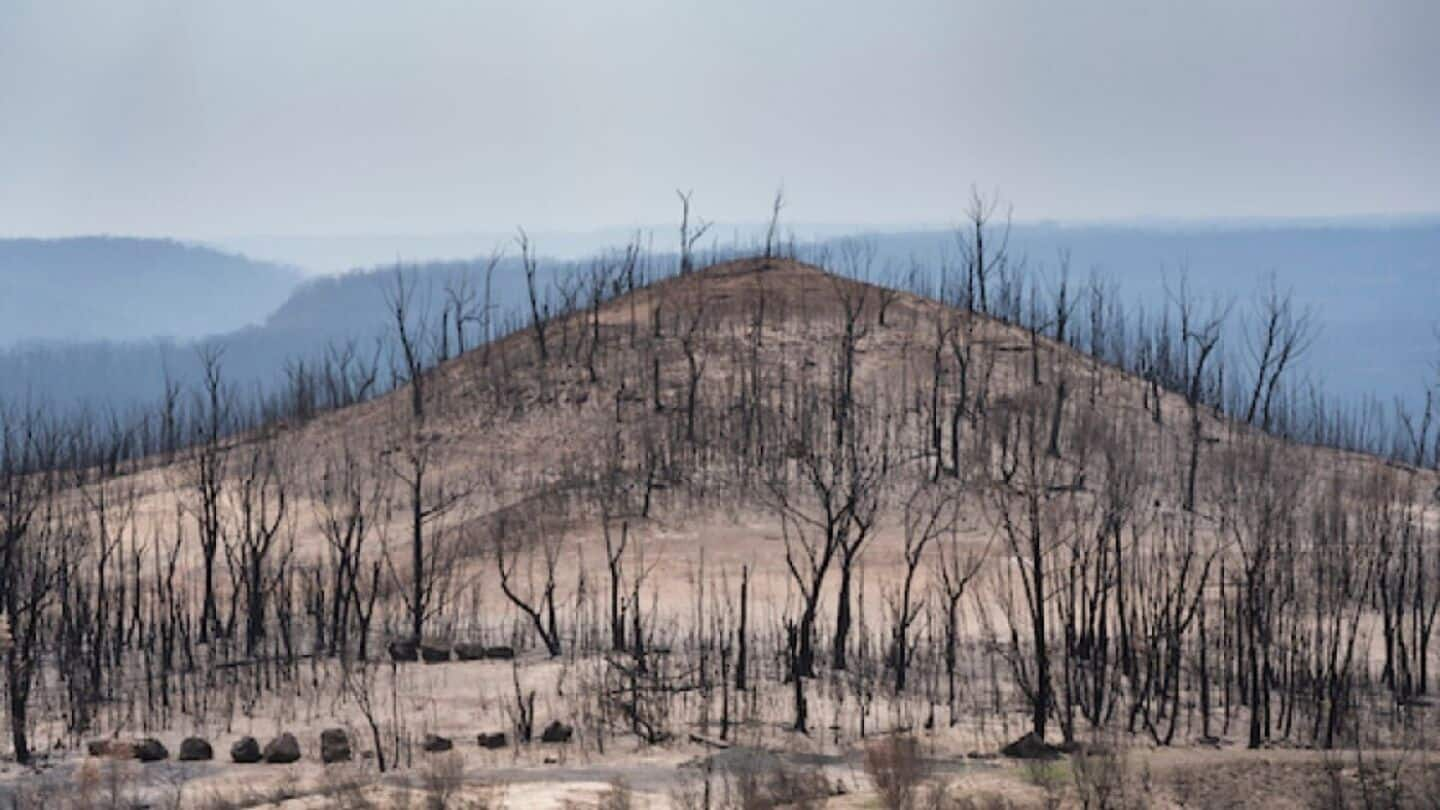
Rising seas will threaten millions of Australians by 2050: Report
What's the story
A national climate risk assessment report has warned that no Australian community will be spared from the worsening impacts of climate change. The report, released by Climate Change Minister Chris Bowen, predicted more frequent and severe climate catastrophes, like floods, cyclones, heatwaves, droughts, and bushfires. The Australian Climate Service-led assessment modeled the effects of climate-related hazards under three scenarios: above 1.5°C, above 2°C, and above 3°C.
Health and economy
Major cities could see catastrophic health and economic consequences
The report reveals that if global heating exceeds 3°C, heat-related deaths in Sydney could increase by a staggering 444%. Darwin could see a similar rise of 423%. The economic impact would also be severe, with direct costs from floods, bushfires, storms, and cyclones potentially reaching $40 billion annually by 2050 under a 1.5°C scenario.
Coastal risk
Rising sea levels threaten coastal communities
The report also highlights the threat of rising sea levels to Australia's coastal communities. By 2050, 1.5 million residents would be at risk from flooding, erosion, and inundation. This number could rise to over three million by 2090. The findings have intensified calls for a stronger emissions reduction target for 2035, with environmentalists, climate scientists, social services groups, and the Greens pushing for a target above 75%.
Policy push
Bowen calls for ambitious emissions reduction target
Minister Bowen has argued that "the cost of inaction will always outweigh the cost of action," stressing the need for an ambitious but achievable emissions reduction target. He admitted that while some might find the proposed target too high, others might think it's too low. The Climate Change Authority's preliminary advice suggested a range between 65% and 75%.
Global context
Australia's commitment to climate action
Australia has vowed to reduce emissions by 43% by 2030, but critics point to its continued reliance on fossil fuels. Australia's leading climate change communications non-profit organization, Climate Council, chief executive Amanda McKenzie said the report's results were terrifying and urged the government to commit to higher emissions cuts. "Australia cannot afford a timid 2035 target when our own government data shows the catastrophic costs of inaction," she said.